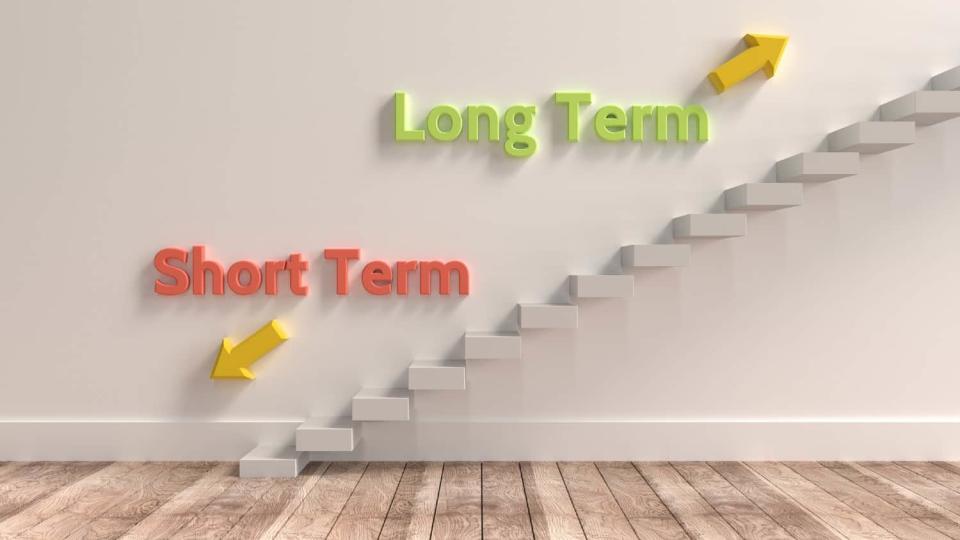If I invest £17,000 in Aviva shares, how much passive income could I make?

Aviva (LSE: AV) shares have lost around 6% of their value since their 2 April 12-month traded high of £4.99.
This means a couple of positive things to me. First, the share price looks even more undervalued than it was before. Second, its yield has risen, as the yield moves in the opposite direction to a company’s share price.
In either event, it looks like I should check to see if it is worth my while buying more.
Undervaluation
Aviva is presently trading on the key price-to-earnings (P/E) valuation measurement at just 12.1.
This compares to its peer group’s P/E average of 19.7, so it looks very cheap on that basis.
To ascertain how cheap exactly, I did a discounted cash flow analysis using other analysts’ financial projections as well as my own.
This shows Aviva shares to be around 40% undervalued at their current price of £4.69. Therefore, a fair value for the stock would be about £7.82.
This does not guarantee it will ever reach that level, of course. But it does underline how undervalued the shares currently look.
Big passive income generator
This is important to me, as it reduces the chance of dividend gains being wiped out by sustained share price losses.
In 2023, Aviva paid a total dividend of 33.4p, which gives a yield now of 7.1%.
So, £17,000 (the average UK savings account amount) would make me £1,207 in the first year. After 10 years on the same yield, I would have another £12,070.
However, I would make a lot more if I reinvested the dividends back into the stock, known as ‘dividend compounding’. This is the same idea as compound interest in a bank account but rather than interest being reinvested, dividends are.
If I did this, I would have made an additional £17,506 instead of £12,070. This would give me a total of £34,506, paying me £2,358 a year in dividends, or £197 every month.
After 30 years of doing this with an average 7.1% yield, I would have £142,158. This would pay me £9,716 a year in dividends or £810 a month!
Strong business outlook
A company’s dividend payout and share price are ultimately determined by earnings and profits. If the latter rise over time, then the former are likely to do so as well.
The main risk in Aviva is that inflation in its key markets picks up again, so increasing the cost of living. This could deter new customer business and prompt existing clients to cancel their policies.
This said, last year saw it record a 9% rise in operating profits to £1.47bn, from £1.35bn in 2022.
Additionally, Solvency II operating capital generation increased by 8% — to £1.46bn, from £1.35bn. This can be a powerful engine for growth and provide something of a safeguard against negative macroeconomic events.
Overall, consensus analysts’ estimates are that earnings and revenue will increase by 9.3% and 5.4% a year respectively to end-2026.
Earnings per share are expected to grow by 8.8% a year to that point. And return on equity is forecast to be 14.6% by that time.
For me, I think the price is right to add to my existing holding in Aviva. I think it will continue to pay me a high passive income, supported by strong business growth.
The post If I invest £17,000 in Aviva shares, how much passive income could I make? appeared first on The Motley Fool UK.
More reading
Simon Watkins has positions in Aviva Plc. The Motley Fool UK has no position in any of the shares mentioned. Views expressed on the companies mentioned in this article are those of the writer and therefore may differ from the official recommendations we make in our subscription services such as Share Advisor, Hidden Winners and Pro. Here at The Motley Fool we believe that considering a diverse range of insights makes us better investors.
Motley Fool UK 2024

 Yahoo Finance
Yahoo Finance 